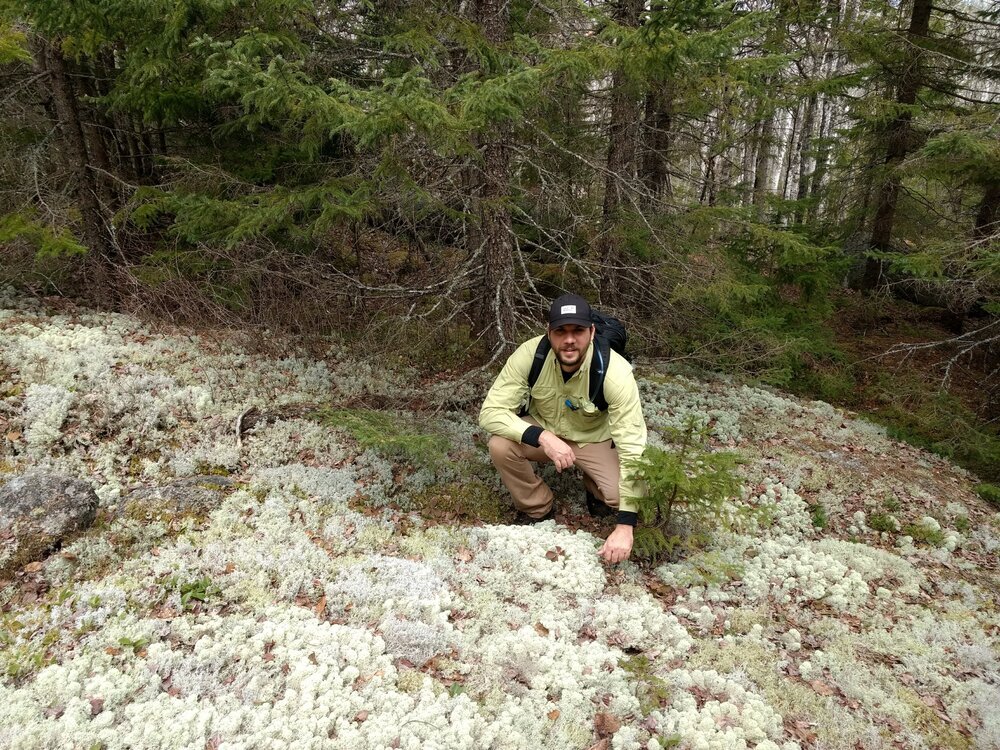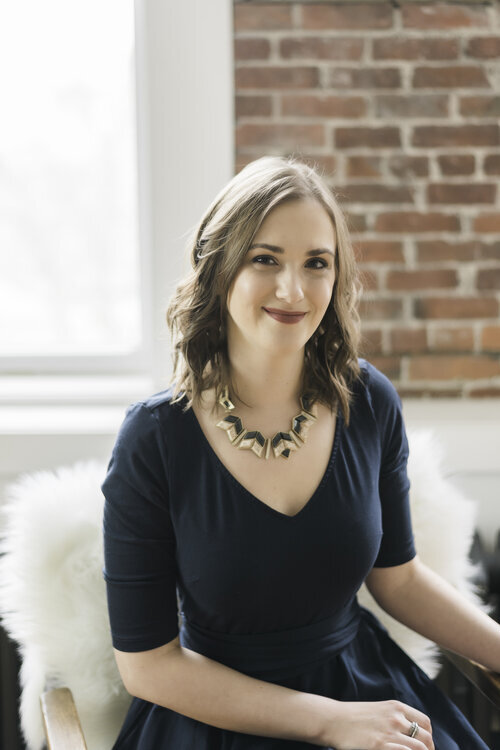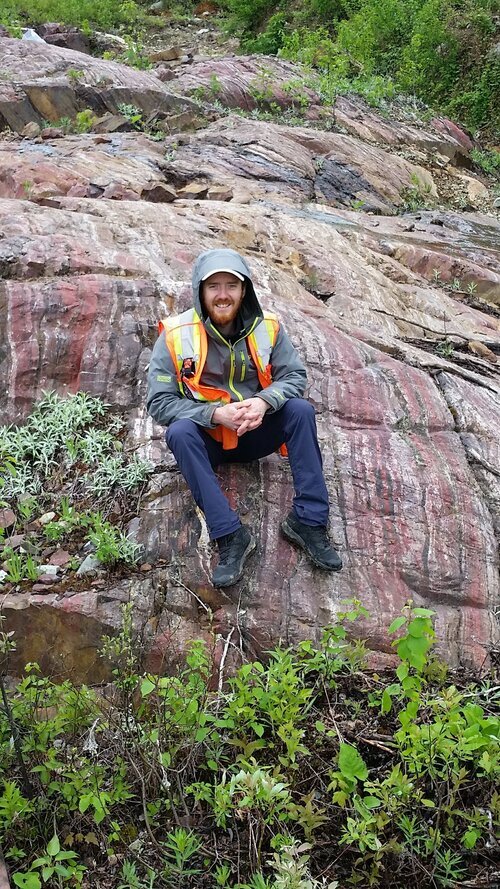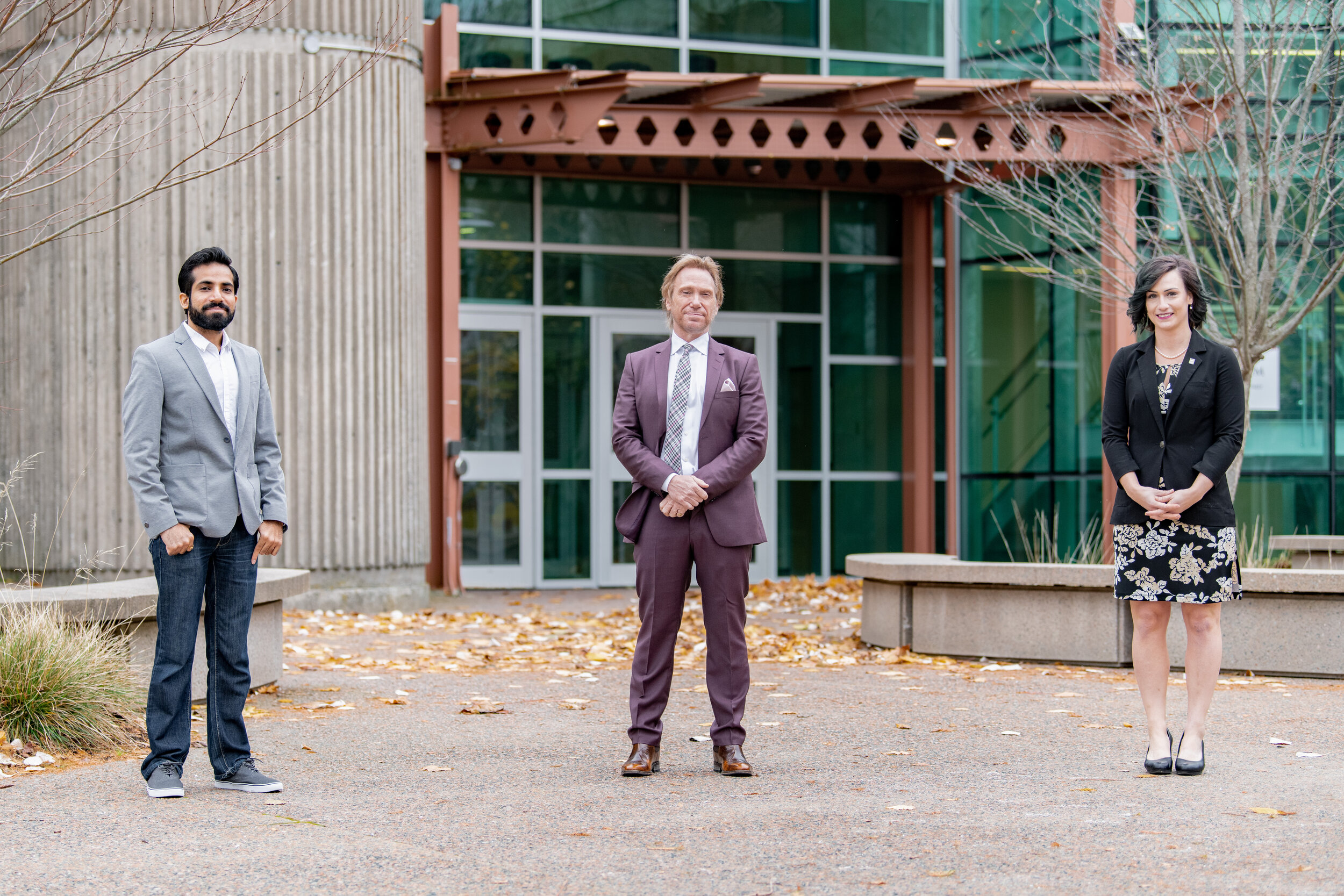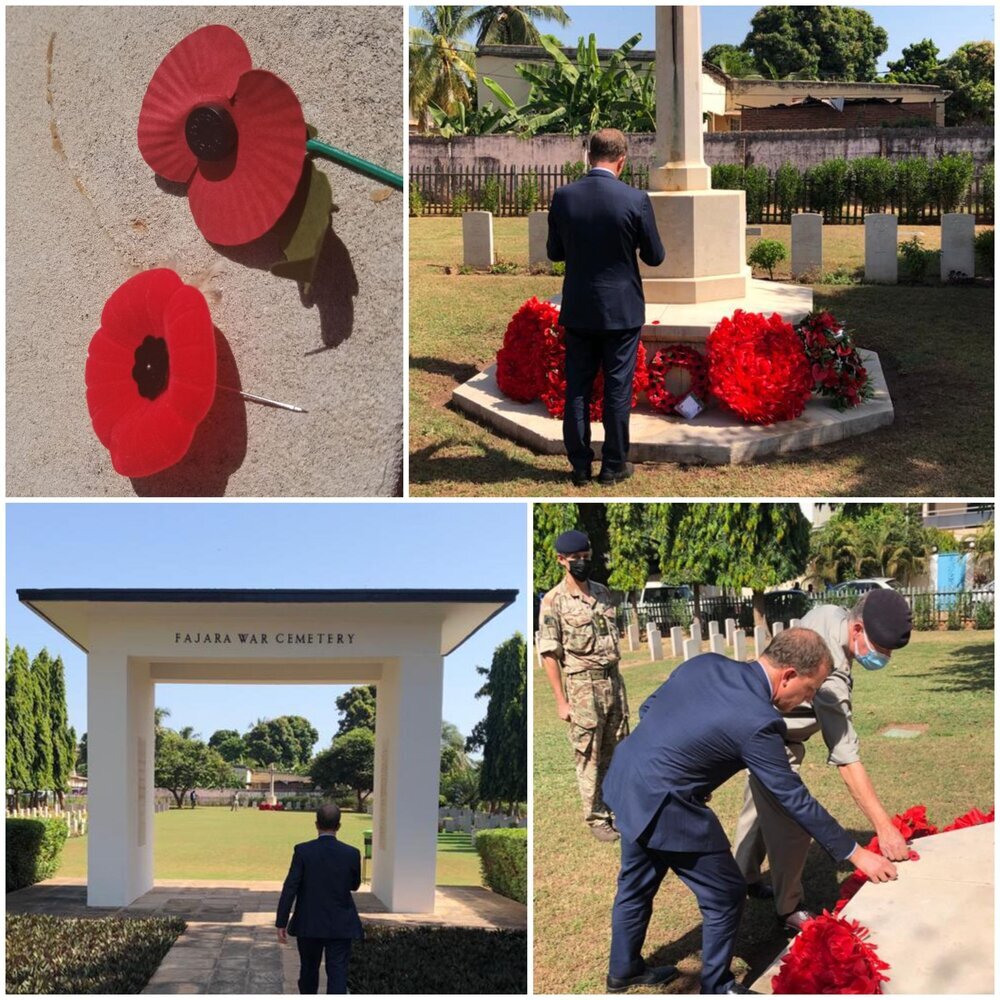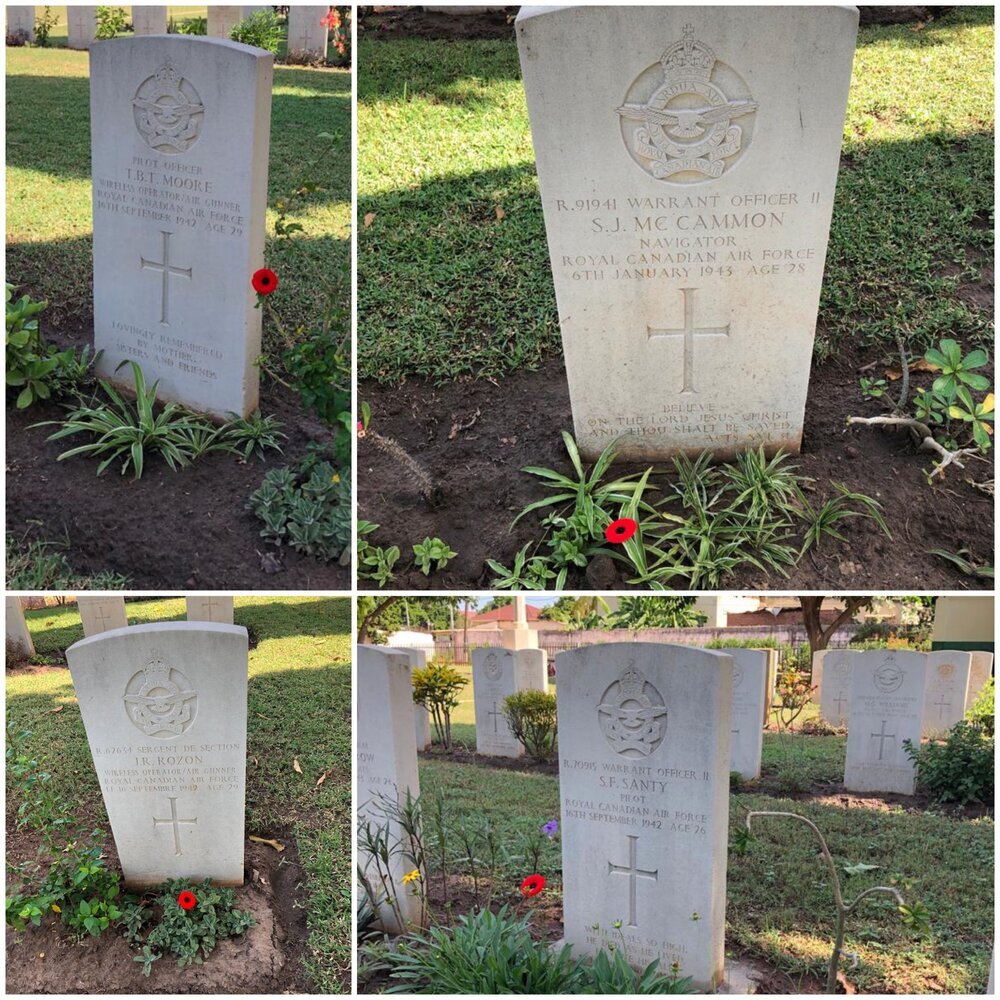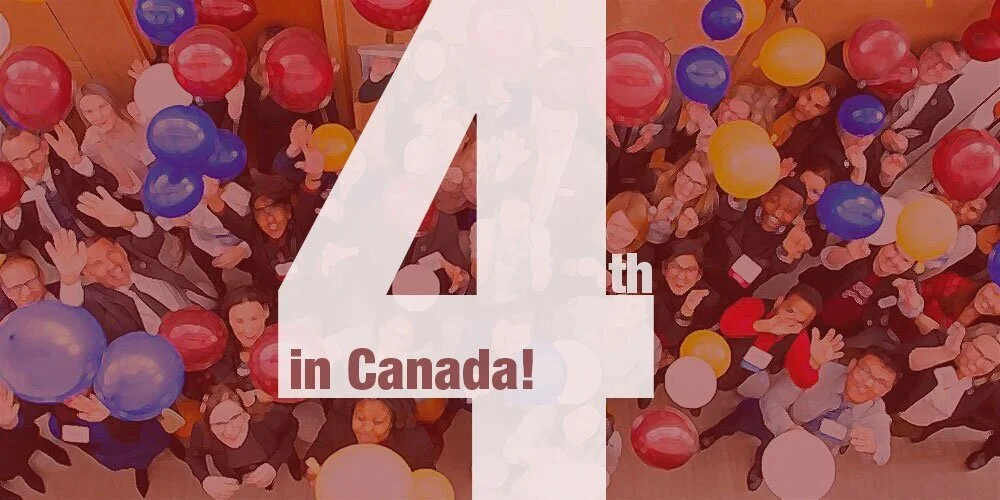This summer, another crop of Science undergraduate students had the opportunity to conduct research with their professors at Saint Mary’s – despite unusual circumstances created by the Covid-19 pandemic.
These awards, sponsored by the Natural Sciences and Engineering Research Council (NSERC), a Government of Canada agency, and the Dean of Science Office at Saint Mary’s University, are awarded to undergraduate students. They are intended to help students develop their potential for a research career in the natural sciences and engineering, and often lead to students pursuing graduate work in their chosen fields.
Across campus a total of 34 awards were granted from a pool of more than 200 applicants. These were 12 or 16-week terms, and each student was been approved by a supervising faculty member.
Applications for these awards are open to undergraduate students who have strong marks in their studies, and who have completed at least one year towards a bachelor’s degree. Students work for 16 weeks on a full-time basis. Click here for more details, a full list of this year’s award winners, and watch this space for opportunities to apply for next summer’s awards.
Congratulations to the award winners. Here is a selection of the projects our students worked on this summer:
Humaid Agowun, Mathematics/Computing Science (Supervisor: Dr. Hai Wang)
During my research my main task was to optimize a segmented linear regression algorithm. The algorithm is used for business intelligence research and helps find relationships between two variables. We used algorithm design principles to speed up the algorithm execution so that it could realistically be used on larger datasets.
Tanaka Akiyama, Engineering (Supervisor: Dr. Adel Merabet)
This summer I continued to work on a project for the Laboratory of Control Systems and Mechatronics from last summer. I helped program the vision system for an autonomous retail robot for inventory management. I specifically worked on counting the number of products on a shelf.
Abigail Battson, Astrophysics (Supervisor: Dr. Vincent Hénault-Brunet)
I worked on a problem involving the models of globular clusters, which are massive, dense, spherical balls of stars which orbit galaxies like the Milky Way. The current predictions overestimate the clusters’ ratio of mass-to-light produced, compared to the mass-to-light ratio from the observations of stars. This overestimation is significant, and is for the clusters containing the largest amounts of elements heavier than helium. Globular clusters lose mass over time, which is incorporated into the models, however the models may not accurately match which stars are primarily being lost, which are the lowest mass stars.
My work involved figuring out if properly accounting for the loss of these low-mass stars from the clusters could decrease the prediction vs. observational discrepancy, as the loss would decrease the mass-to-light ratio of the clusters. Accounting for this loss of low-mass stars did improve the discrepancy, however there are still other factors which can be updated or incorporated to improve residual discrepancies.
Samantha Bennett, Environmental Science (Supervisor: Dr. Erin Cameron)
This summer, I worked with Dr. Erin Cameron on the study of earthworm distribution and invasion potential. The purpose of this research is to see how human activity above soil level will impact the distribution of earthworm species around the globe and how it will impact the distribution of invasive earthworm species around the globe. Unfortunately, due to COVID-19 restrictions, the project was limited to literary review, during which I read various papers and worked on a database system that lists the earthworm species present in every individual country.
Adina Gherman, Psychology (Supervisor: Dr. Veronica Stinson)
This summer I had the amazing opportunity of working as a Research Assistant for the Victim Research Lab of the Psychology Department. I have read and coded from scratch about 190 sentencing rulings in English and French and filled the dataset for missing variables for over 500 rulings. I have also conducted research as a group and presented the results at the first Canadian Forensic Psychology Virtual Conference, at Saint Mary's. Our research focused on the relationship between victim impact statements and offenders' expression of remorse and apology. My work for the Psychology Department is ongoing; I am participating in weekly meetings to plan the next steps for various research projects and I am volunteering as a research assistant.
Sahana Kanabar, Environmental Science (Supervisor: Dr. Erin Cameron)
For the first part of the summer I collaborated on a global meta-analysis examining the effect of drivers (such as climate change, nutrient enrichment, etc.) on soil invertebrate biodiversity. The latter part of the summer was dedicated to planning my Honour projects, which is examining the impact of road salt on local lakes and the surrounding soil.
Lindsay MacDonald, Biology (Supervisor: Dr. Anne Dalziel)
This summer Lindsay conducted research for her honours thesis topic on the mechanisms that lead to different breeding colouration in stickleback—small fish living across the northern hemisphere. In particular, we have a species that is only found here in Nova Scotia that becomes bright white when breeding, while closely related populations of fish become a blue/green/brown. Lindsay studied the pigment cells in the fish skin to determine what leads to these differences in breeding colouration.
Lindsay also played varsity soccer for four years while completing a very time-intensive degree.
Seamus MacInnes, Computing Science (Supervisor: Dr. Jiju Poovvancheri)
I received an NSERC USRA to continue research into different methods of modelling and tracking human movements with 3D cameras. The key aspect of the research was that the user would not be wearing any sensors or reflectors. Most of my time was spent developing the code that would model, render and mimic the position of the user.
Jen McArthur, Psychology (Supervisor: Dr. Meg Ternes)
Worked on a variety of interesting projects with Dr. Ternes:
Deceptive motivations – how personality variables relate to the reasons people lie. Jen analyzed data for this project and took the lead on writing a manuscript for submission to a journal
Juror Instructions regarding the credibility of jailhouse informants – developed and collected data for this project, with plans to complete data analysis and writing this project even after the work term is over
Deception behind a mask – how the deceiver/truth-teller wearing a mask affects our ability to detect deception – helped to develop this project, data collection will begin in September
Alibi believability – how the strength of the alibi and the race and SES of the suspect affect the believability of an alibi –developed this research idea and project – we have recently gotten ethics clearance and plan to collect data in September.
Maiti McGrath, Astrophysics (Supervisor: Dr. Luigi Gallo)
My research this summer was a precursor to my honours thesis. I developed a few analysis techniques to be performed on a sample of radio loud black holes. With these analysis techniques and samples, we hope to see patterns in radio and x-ray emission that could potentially give us some insight into what processes could be the same across these similar sources.
Kaleigh McLeod, Chemistry (Supervisor: Dr. Christa Brosseau)
Kaleigh researched how to make an all wood-pulp N95 respirator as part of our COVID-19 project with Port Hawkesbury Paper. She is continuing the project on for the rest of this academic year as her honours project in Chemistry.
Mayara Mejri, Biology (Supervisor: Dr. David Chiasson)
After spending the first month reading scientific papers and reviews about the legume-rhizobia symbiosis, I spent the rest of my summer in the lab, applying the concepts that I learned, which was both exciting and overwhelming. I had the chance to work with DNA and plasmids, and I learned a lot of things related to genetics and microbiology. My experience was extraordinary; I learned that the research community is so diverse yet united, as labs all over the world are working together to produce a “result,” for example, to sequence or synthesize a gene. I also felt that the research community is very welcoming.
Terrell Roulston, Biology (Supervisor: Dr. Jeremy Lundholm)
This summer I helped complete a survey of insect pollinator (bees, wasps, hoverflies, etc.) populations on tidal saltmarsh and dykes in the Bay of Fundy dykelands. Surveying included laying pan traps to collect specimens to be identified in the lab; I also recorded other surrounding biotic and abiotic factors on each study sites. The objective was to compare the abundance and diversity of insect pollinators between these landscapes to better understand how each contributes to pollination services of adjacent agricultural land.
This project is part of a number of joint projects run by TransCoastal Adaptations; a collaboration of Saint Mary’s and other universities working to build a comprehensive list of ecosystem services (ES) that these dykelands provide.
These ES have implications for government and private stakeholders to make informed adaptation decision when facing potential dyke re-alignment and/or dyke breach as well as saltmarsh restoration as we continue to face rising sea levels. These ES surveys are also a part of a larger national strategic network (NSERC ResNet) across Canada. This is my third year being awarded the NSERC URSA and without these awards I would not have been able to have this amazing research experience.
Jacqueline Shaw, Psychology (Supervisor: Dr. Kevin Kelloway)
Over the summer, I worked with Dr. Kelloway and his research group to study organizational response to the Covid-19 outbreak. As part of the multi-study project, I helped gather, recode, and theme data, read papers for literature reviews, and interviewed participants. Additionally, with help from my supervisors I developed an experimental study to explore the effect of psychopathy on responses to workplace incivility (and is awaiting ethics approval).
Sophia Waddell, Astrophysics (Supervisor: Dr. Luigi Gallo)
This was my fourth summer working with Dr. Luigi Gallo, studying some of the most extreme, energetic, and massive objects in the known Universe supermassive black holes. In particular, we used the Japanese Suzaku satellite to look at X-rays, which come from the innermost regions of accreting supermassive black holes, known as active galactic nuclei (AGN). By studying the X-ray light, we can understand the geometry, composition and structure of the material closest to the black hole. We studied two different classes of AGN to search for similarities and differences in the X-ray light they emit. We found several differences, including some new and unexpected ones, which strongly suggest that the geometry and structure of the inner region is significantly different between the two classes. Our scientific article about this result was recently accepted for publication in the Monthly Notices of the Royal Astronomical Society Main Journal.
Sophia is now a PhD student at the Max Planck Institute for Extraterrestrial Physics.
Conor Waterfield, Subatomic Physics (Supervisor: Dr. Rituparna Kanungo)
This summer I worked on a project that is searching to find or rule out the existence of a tetraneutron state. My work was developing a computer simulation of the experiment using the Monte Carlo method. The result of my simulation will be compared to the real experimental data to determine if a resonant tetraneutron state is observed in the data or not. This work will be part of my honors thesis which I will complete this year.
Mac Zinck, Biology & Psychology (Supervisor: Laura Weir)
For my research on “Mate Value on Dating Profiles,” I examined how individuals displayed their mate values on dating profiles according to identified gender and the type of arrangement they were seeking (a relationship vs. no commitment). Specifically, I looked at how subjects displayed dependency, meaning whether they showed that they had a dependent (like a pet or child) as a potential advertisement of their quality as a long-term mate.
Such traits are attractive in a mate as they are expected to increase the likelihood of survival and later reproductive success of their offspring. We found that males and females seeking relationships displayed their dependents with similar frequency, and more than members of the same sex seeking no commitment.
I would like to do more of this work as it ties into parental investment theory which is the basis of my thesis for this fall.

